Hey there!
I'm honored to have been a guest on Sports Business Radio with Brian Berger a couple of times in recent months. This special blog post covers a lot of what Brian and I talked about during those episodes.

Brian and I go waaaaay back… when we were recent college grads starting our sports marketing careers at the Portland Trail Blazers. Back then — and throughout the rest of my sports marketing career — I was a total amateur when it came to nutrition and self-care.
I was pretty good about working out (Paul Allen made sure every Blazers employee got a free gym membership, bless his soul). But the rest of my self-care game was a hot mess.
I worked long hours — sometimes 70-80 hours a week. I skimped on sleep. The only veggies I ate came from the occasional taco salad. And I pretty much lived on arena/ballpark pizza and hot dogs. Gross. No wonder I struggled with migraines, high cholesterol, gallbladder pain, pre-diabetes, and miscarriages.
After the birth of our son, however, I was inspired to start taking much better care of myself. Eventually, I transitioned to a career in health coaching and nutrition — and switched to a predominantly plant-based diet — and I've never looked back. Today, I'm passionate about helping busy professionals improve their health by eating more veggies and less meat.
Boosting your immune system: my top tips
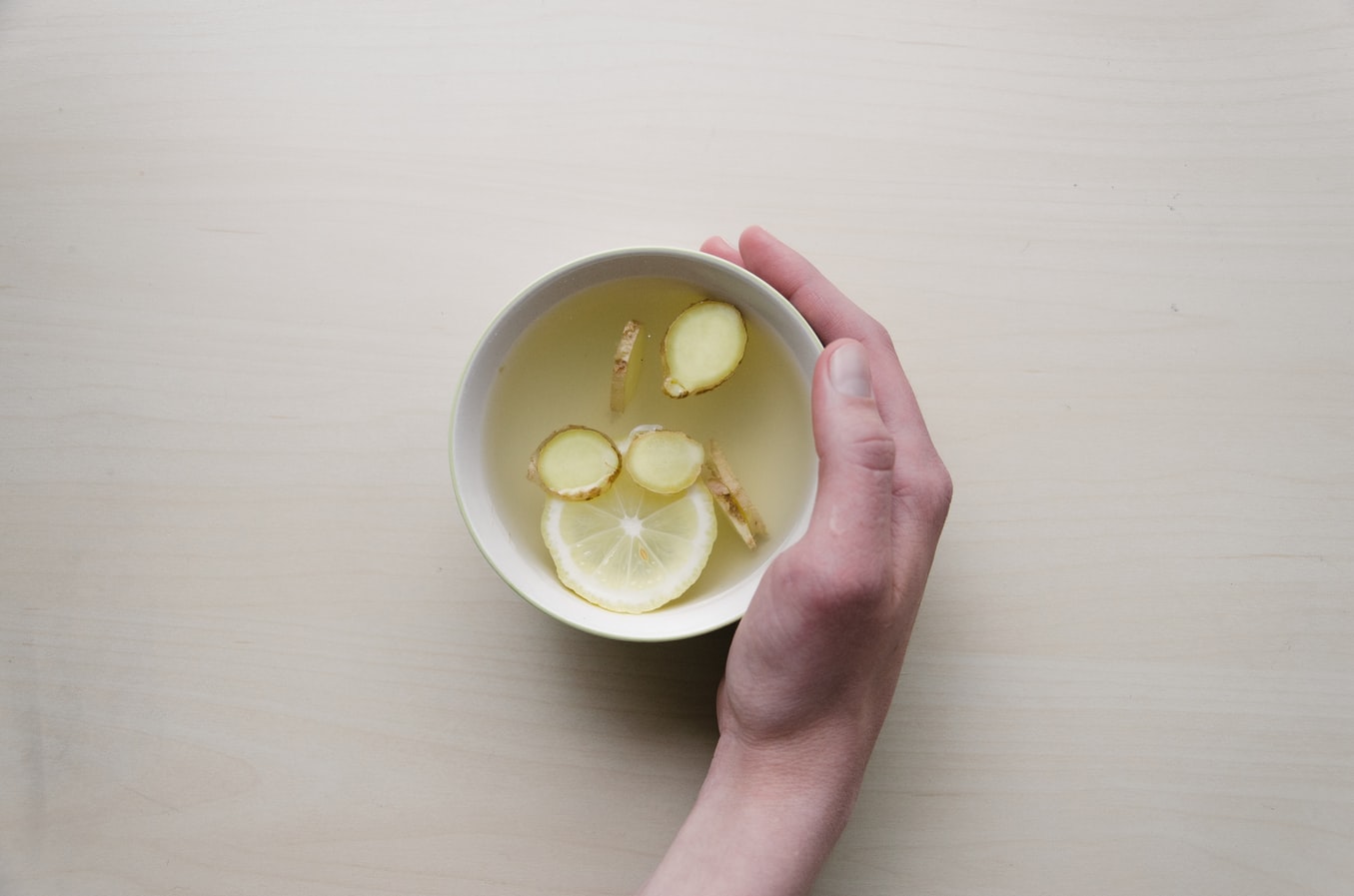
We all agree that supporting the immune system is super important during the current pandemic.
And in order to do that, I have two important strategies:
-
Manage stress.
-
Prioritize immune-boosting foods.
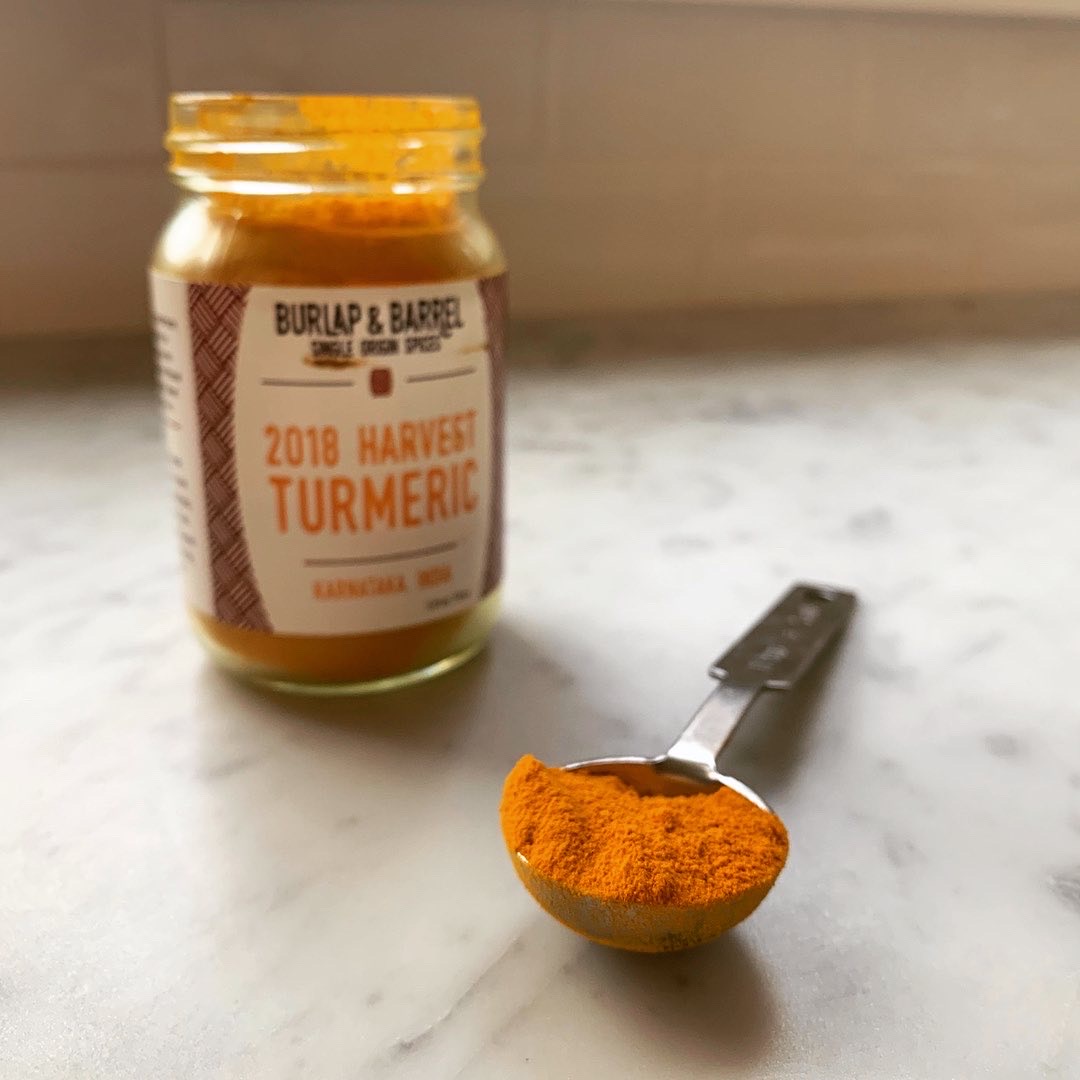
Managing stress strengthens the immune system
I'm not gonna lie — managing stress these days is challenging. Especially because there are so many external stressors that we’re all dealing with right now:
-
Social distancing, self-quarantining and sheltering-in-place.
-
Switching to remote working: trying to get work done without being distracted by family members, the dog, chores, etc.
-
Financial: a lot of people have been laid off or have had their hours or salary reduced. Many entrepreneurs are seeing declines in their business as well.
So, yes, we're under a lot of extra stress right now. But in spite of that, how can we stay healthy and resilient in spite of everything else that’s going on?
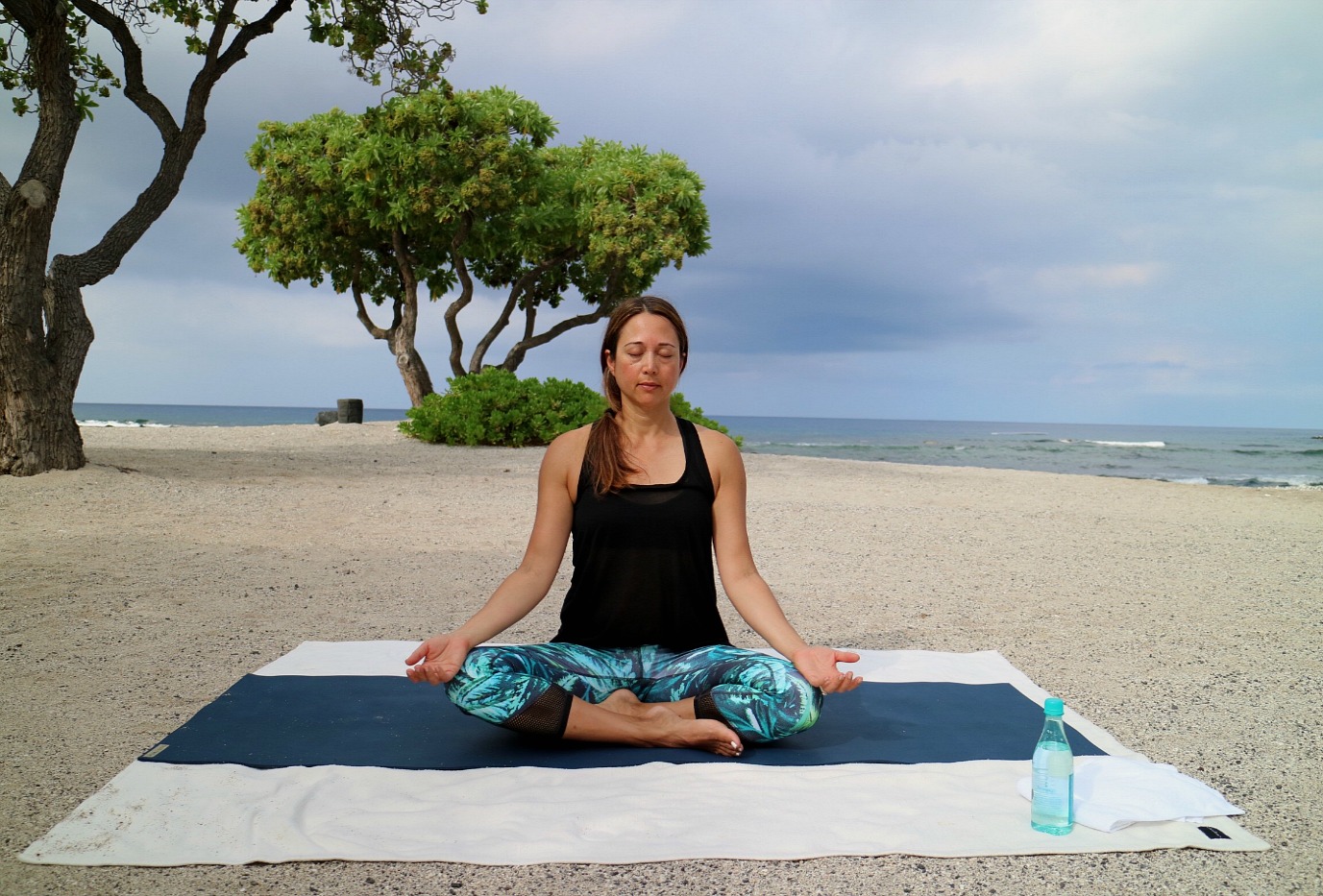
Tips for managing stress
Ultimately, we need to focus on what we can control, as opposed to obsessing about the many things we can't. One thing we can definitely control is how we take care of our bodies and mental health right now.
Remember, being proactive can help us feel better. It can definitely elevate mood and energy… which, in turn, helps strengthen the immune system.
Here are some of my top tips for reducing stress on a daily basis:
Reduce your exposure to the news (if your work allows you to do so) — for example, try limiting your news check-ins to once a day. Instead of the regular news outlets, try limiting your news intake to the CDC website, or the website for your local health department.
Meditation or mindfulness practice: One thing that's really trending right now — for good reason — is a meditation or mindfulness practice. There are many great resources out there to help you get started, and one I like to recommend to beginners is the Headspace App. Or, you could simply set aside 5-10 minutes to sit quietly with your eyes closed, and focus on the flow of breath in and out of your nose. Every time a thought pops up in your brain — and this will happen over and over again — just bring your focus back to your breath as it flows in and out. That’s it. For guided meditations, Tara Brach is another great resource. There are also some very helpful breathing techniques you can find online. Just google “breathwork” and see what appeals.
Exercise and getting outside: This is also really important right now. One caveat, though — if you’re feeling run down or low energy, a hardcore workout might not be the best idea. You don’t want to run down your immune system when you haven’t slept well, or if you trained really hard the day before. On low energy days, move your body by doing some yoga or pilates (there are many online options these days), or other low impact exercise. Or go for a walk outside. Save your HIIT or intense workouts for the days when your body’s actually feeling strong.
Drink less: I know it’s tempting to use alcohol to calm down these days, but this can actually deplete your immune system. Especially if you overdo it and give yourself a hangover. Alcohol can also increase anxiety levels when it wears off, such as throughout the next day. Ideally, cut way back on alcohol, and find other ways to relax, such as a cup of kava root or chamomile tea. Or, try a hot epsom salt bath and get some of that calming magnesium from the bath salts infusing into your skin.
Get quality sleep: This is one of the most powerful ways you can support your immune system. There’s no better time than now to clean up your sleep hygiene — try to avoid screens (especially the news) an hour before bedtime, crack open the windows for fresh air and to cool down the room, have lights out by 10 pm, and try some deep breathing for a few minutes to calm the mind.

Feeding the immune system
It’s really important these days to prioritize the healthy foods — not the unhealthy comfort foods (cheesy casseroles) or processed foods (chips) or cookies that might be calling our name now.
Eat a plant-forward diet — “more veggies, less meat” Every day, try to eat:
- At least 2 servings of leafy greens (in a salad and/or smoothie).
- A cruciferous vegetable such as broccoli or cauliflower.
- Bonus points for extra servings of veggies!
- Want carbs? Try roasted sweet potato or whole grains such as brown rice or quinoa.
- For protein, focus on beans and legumes, nut, seeds, quinoa, tofu, or tempeh.
Hydrate: One no-brainer we can always be reminded of: hydrate throughout the day… not just when you work out!
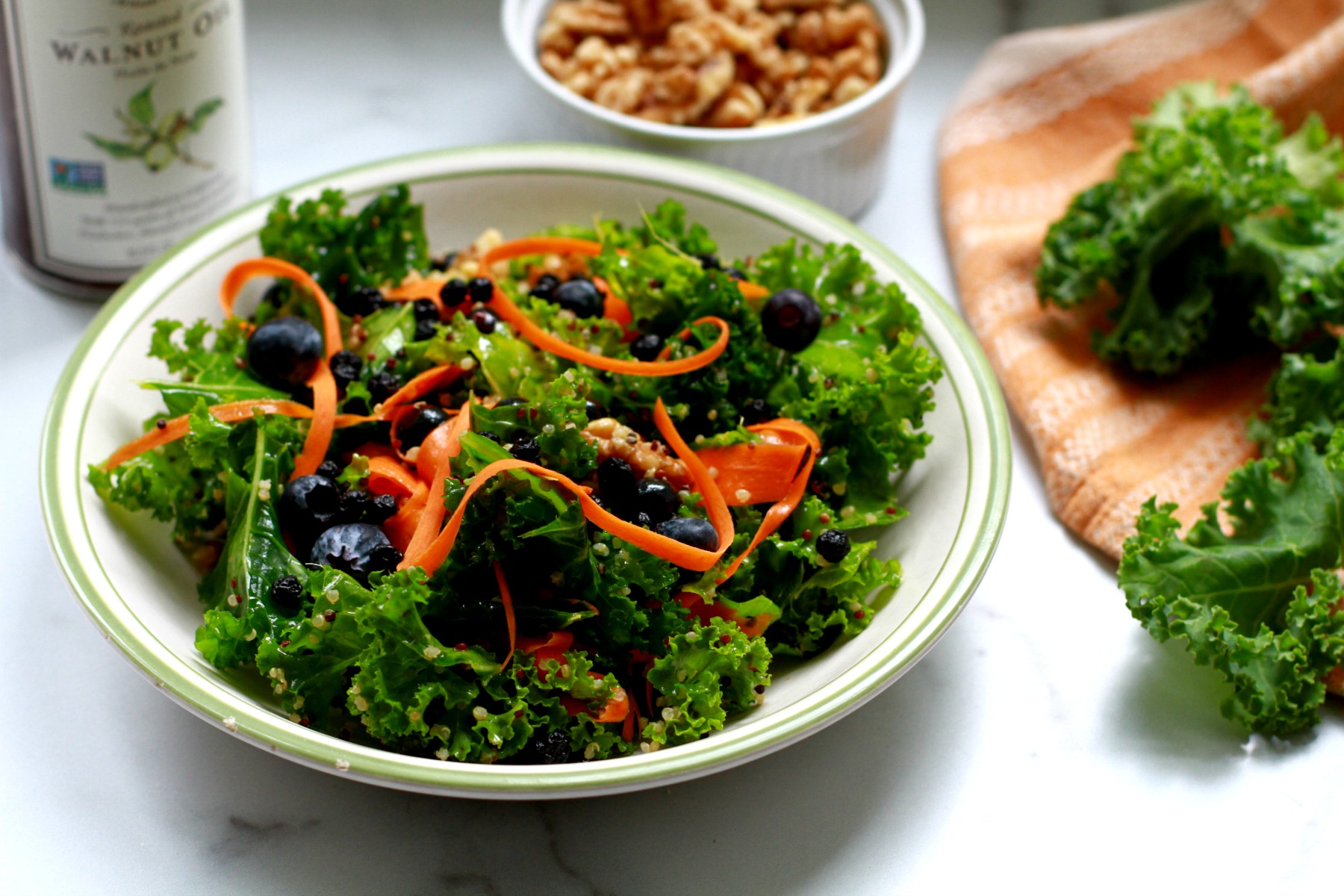
My top foods for boosting the immune system
Following a nutrient-dense diet full of antioxidants and fiber will support the immune system, reduce your risk for disease, and help you feel energized.
Eating lots of fruit and veggies is a great start. But if you want to uplevel your nutrition game, bring some of these dietary all-stars into your daily diet:
Foods that are high in vitamin C: Guess what? Oranges aren’t the highest in vitamin C! Instead, opt for broccoli, red/yellow/orange bell peppers, cauliflower, brussels sprouts, strawberries and sweet potatoes.
Garlic: An immune system boosting rockstar, garlic is antimicrobial, antiviral and antifungal. For best results, chop the garlic and let it sit on the cutting board for about 10 minutes. This helps activate allicin, which is the compound that helps battle microorganisms that cause infection. Add the garlic to some avocado (if you have them on hand) for guacamole. Or, you could spread it onto some toast or sprinkle on top of soup or a rice bowl. It's strong… but worth it!
Ginger: This has been used medicinally in Asia for centuries — it has powerful anti-inflammatory and antiviral capabilities. It's also really good for your digestion. I like to use grated ginger in my smoothies and soups. Or, you can just cut some thin slices and let them sit in boiling water to make a tea.
Turmeric: This is another root that has been used for centuries in the Eastern cultures. It’s a powerful anti-inflammatory food, and very healing. I pretty much add powdered turmeric to any soup, stew or chili I make. The compounds in turmeric become more powerful when it’s heated, so you can also make a turmeric paste, and then use that paste in a smoothie or almond milk latte.
Herbs and spices: People forget about this one… fresh herbs such as parsley and cilantro are great for our immune system, and they add bright, vibrant flavor to our food. Dried spices such as cumin, red pepper flake, paprika, cinnamon, curry powder, and others are also great sources of nutrients to help our immune system stay strong.
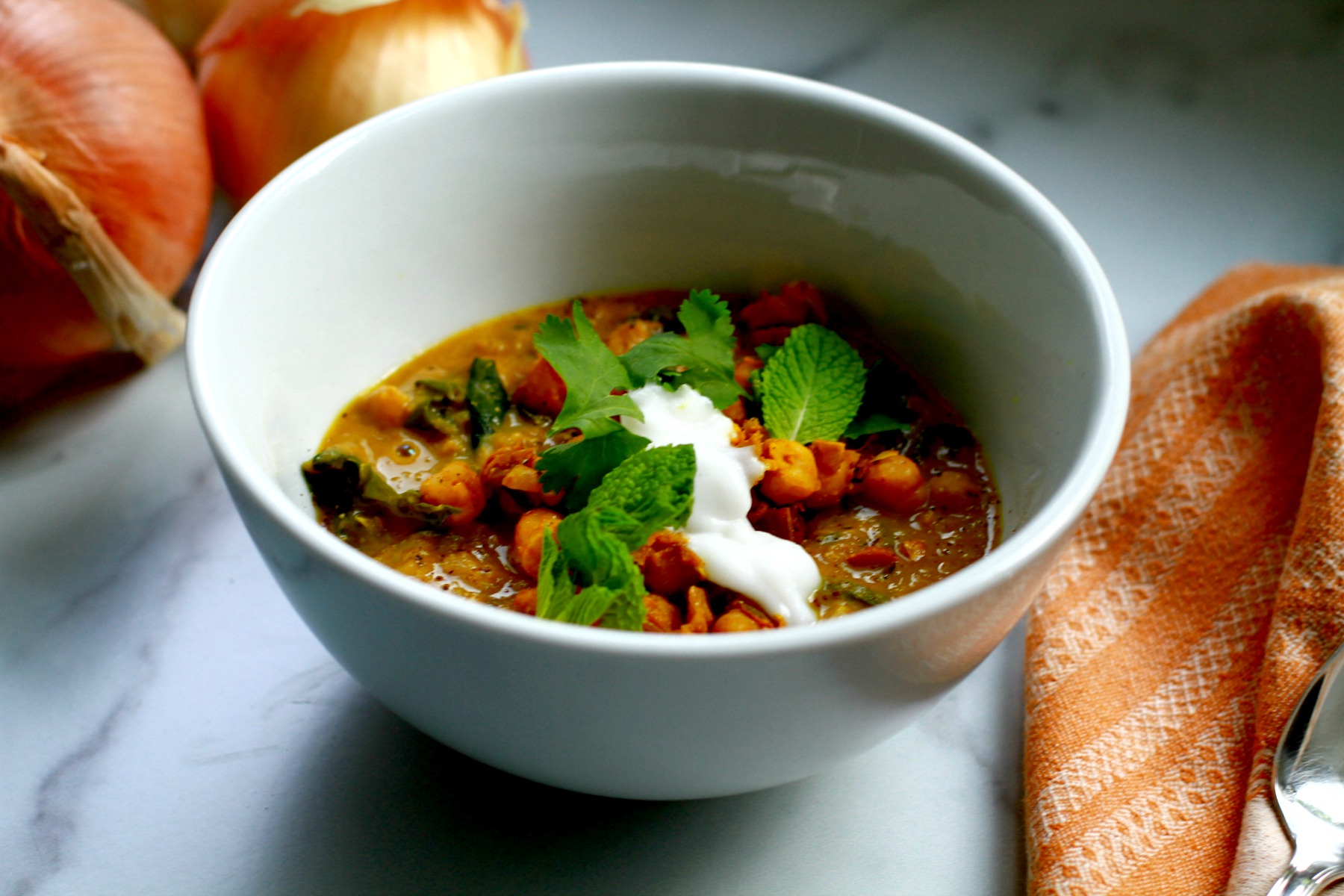
Need some immune-boosting recipes?
If you're looking for some recipes that incorporate a lot of these ingredients, here are a few suggestions:
- Grapefruit and Greens Smoothie
- Strawberry Hemp Smoothie
- Kale and Quinoa Salad with Blueberries
- Wild Rice and Edamame Salad
- Chickpea Soup with Coconut and Turmeric
- Curried Cauliflower Soup
- Healthy Green Soup in the Instant Pot
- Sheet Pan Roasted Tofu and Green Beans
- Prep Ahead Burrito Bowls
- Stress Melting CBD Hot Chocolate
- Turmeric Paste (for smoothies and lattes)
- Golden Milk Latte (with Turmeric Paste)
- Jamu: Indonesian Wellness Tonic with Turmeric
For many more recipes, click here to access my recipe archive.

I hope this post has been helpful for you. If you have any questions along the way, reach out to me on Instagram at @mospo. I'd love to hear from you!

